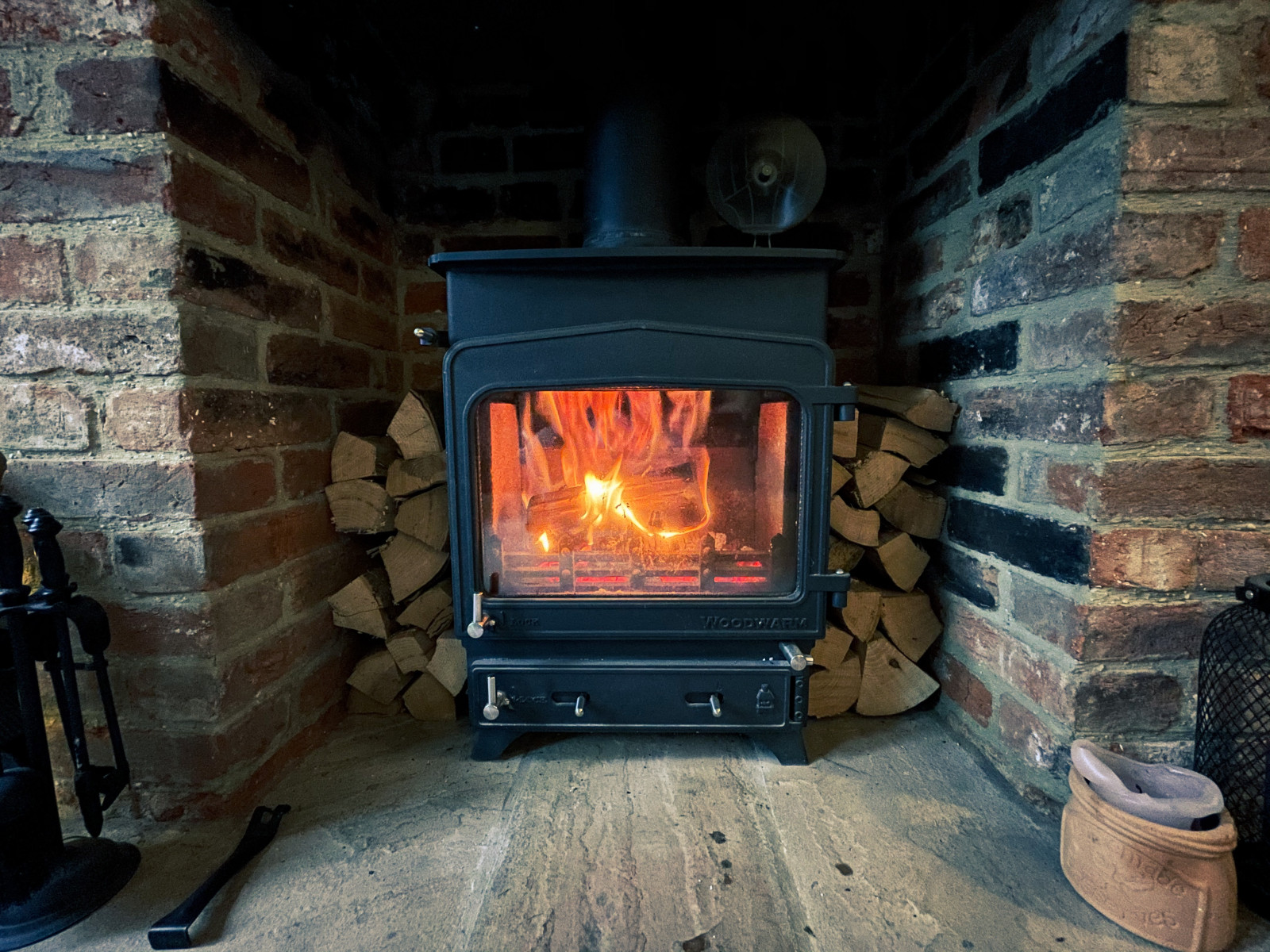The University of Manchester has launched a groundbreaking investigation in collaboration with the 10 local authorities of Greater Manchester to delve deeper into the usage of log burners and solid fuel fires, and the resulting impact on air pollution within the region.
This pioneering initiative, funded by a Defra Air Quality Grant, aims to unravel the motivations behind the burning of solid fuels in both homes and gardens. By enhancing community knowledge and influencing behavior, the project strives to improve public health throughout Greater Manchester.
It is well-known that smoke emitted from log burners, domestic fires, and garden bonfires contains minuscule particles known as particulate matter (PM2.5). These particles pose a significant threat to human health, increasing the risk of respiratory conditions such as asthma, and potentially leading to more severe health issues.
Led by The University of Manchester on behalf of the 10 councils of Greater Manchester, this study seeks to establish a clear link between household burning practices, both indoors and outdoors, and local air quality.
Over the next two years, this collaborative research endeavor will provide valuable insights to inform a city-wide public health campaign. The primary objective of this campaign will be to raise awareness about the detrimental impacts of domestic burning and to encourage cleaner burning habits, ultimately reducing particulate matter emissions.
The survey will remain open until February 2024 and invites participation from both individuals who engage in burning activities at home and those who do not.
For those who complete the survey, there is an enticing opportunity to enter a draw and potentially win one of five food vouchers. The survey can be accessed through the provided link.
Alongside this comprehensive study, Greater Manchester has launched an Information Hub on the Green City website. This platform aims to educate residents about the health implications and regulations surrounding domestic burning. To enhance understanding of the connection between domestic burning and PM2.5 air pollution, over 40 air quality monitors will be strategically placed across the region.
This study is just one of several research projects at the University focused on examining the impact of air pollution on human health.
In preparation for the upcoming winter season, residents who do need to burn fuel are strongly encouraged to adhere to the following guidelines:
– Determine if you reside in a Smoke Control Area. If so, ensure your stove is Defra-exempt and only use approved fuel.
– Exclusively burn clean seasoned wood with a moisture content of less than 20%, or wood that has been dried for a minimum of two years. Alternatively, use ‘Ready to Burn’ approved manufactured solid fuels.
– Refrain from burning rubbish or general waste.
– Arrange for your chimney to be swept annually and have your stove checked regularly.
– Avoid allowing your fire to smoulder overnight.
Participate in the survey by following the provided link.
